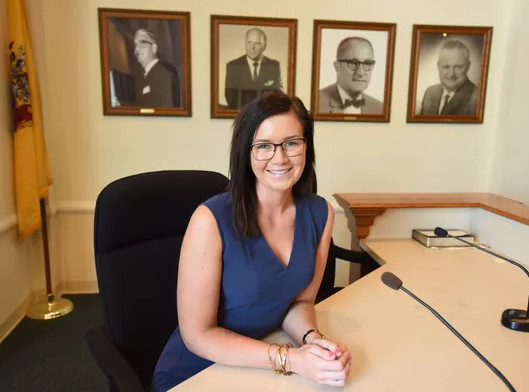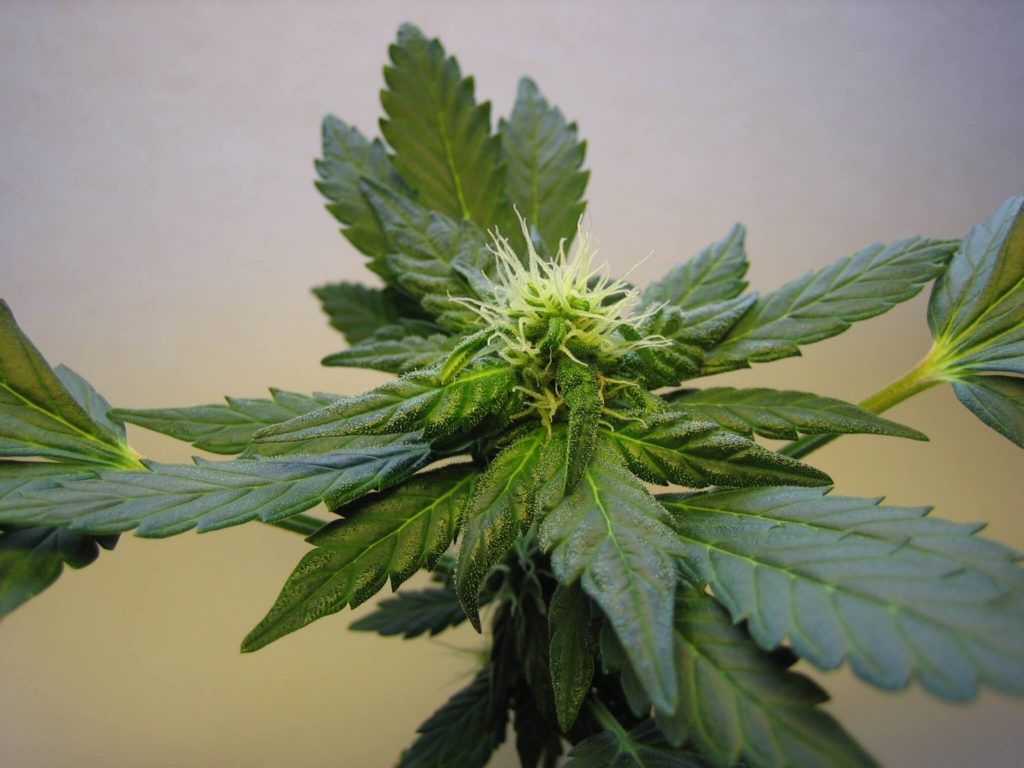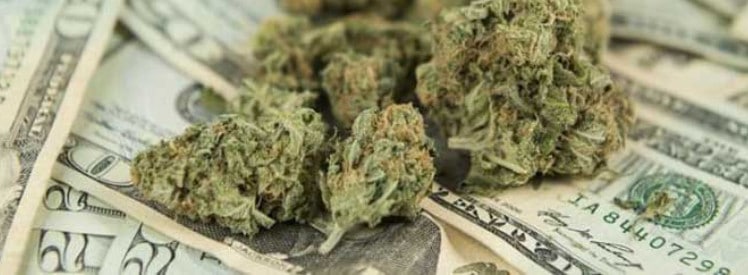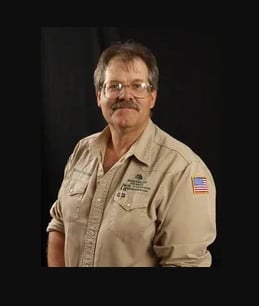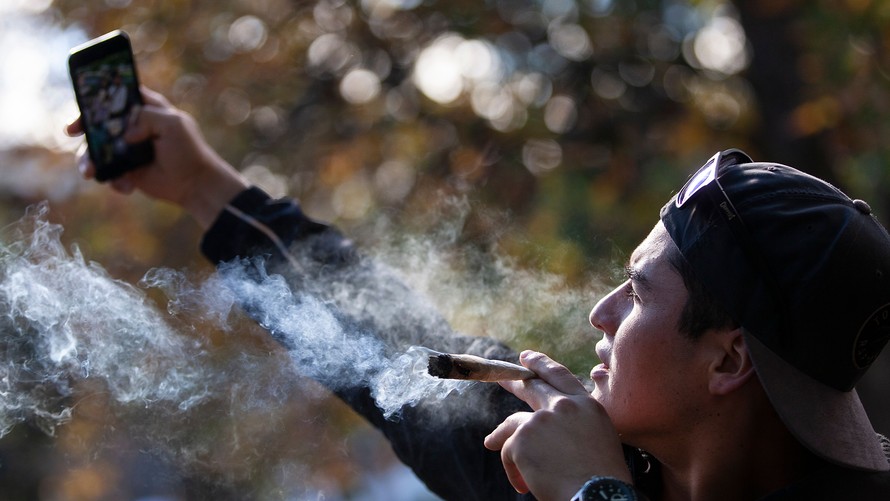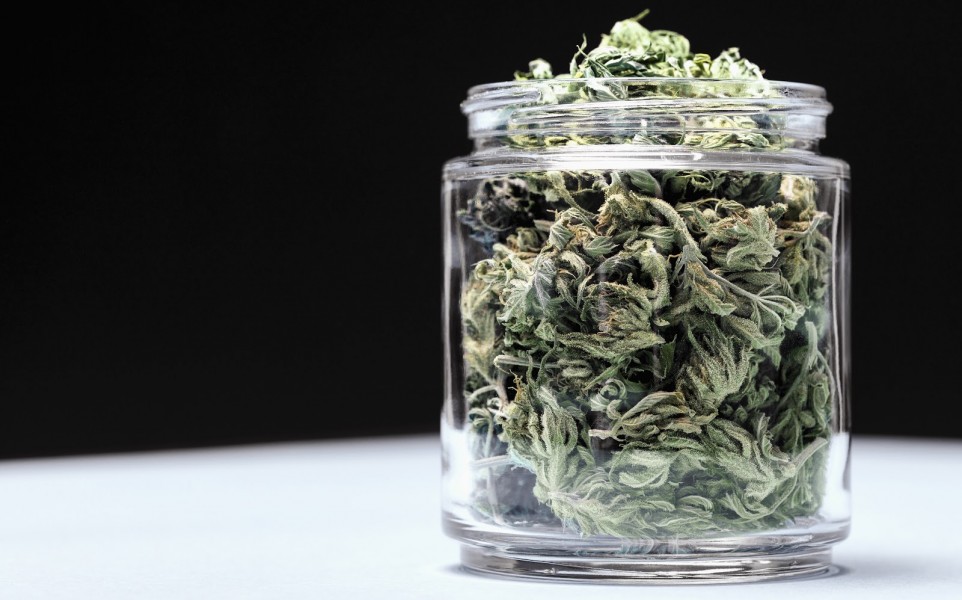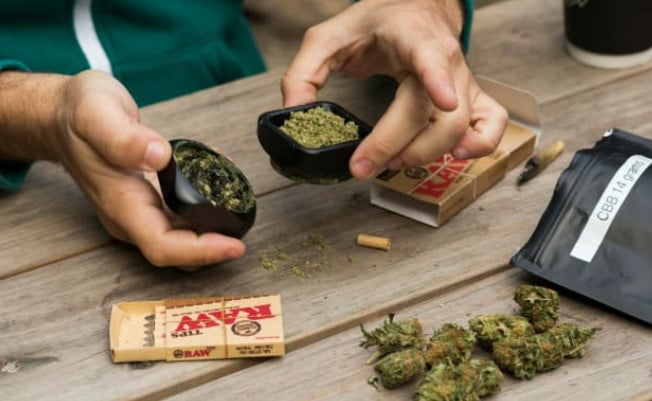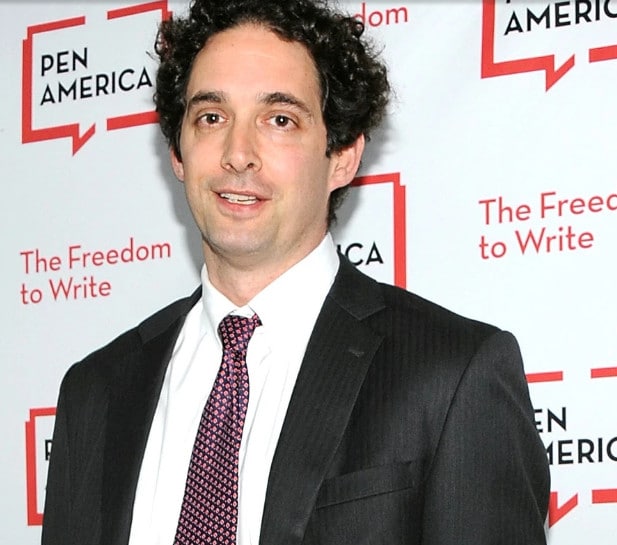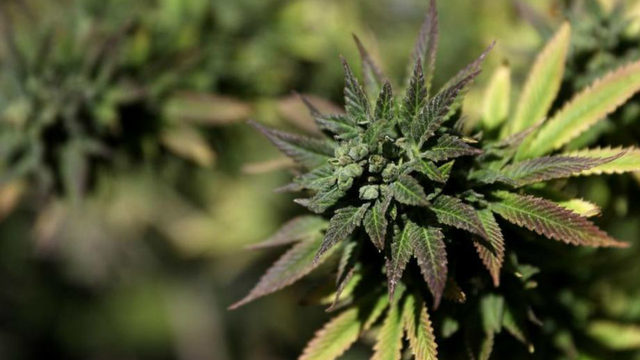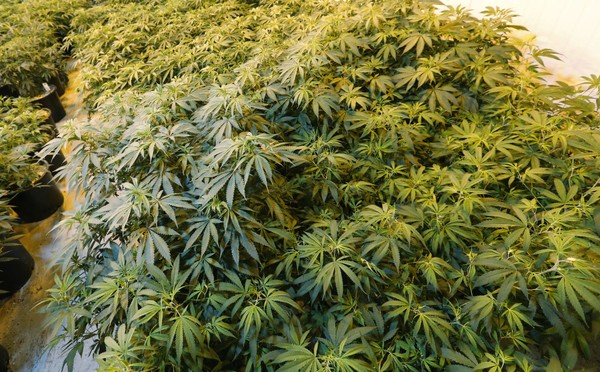New Jersey is now a patchwork of communities that have adopted bans on recreational and medical marijuana sales within municipal lines.
The town-by-town prohibitions have been approved by municipal government throughout the state in anticipation of a state law that would legalize cannabis sales for recreational use.
Legalizing marijuana has been one of Gov. Phil Murphy’s biggest policy pushes. The details of a law that would do that are continuing to be debated in the state Legislature.
Meanwhile, the volume of the bans will be one of the determining factors in how easy it could be to obtain marijuana if recreational sales become legal or if medical uses are expanded.
“I think this is the biggest issue by far locally,” Alyssa Dawson, a Republican councilwoman running for re-election in Westwood, said.
The Westwood council recently banned the sales of both recreational and medicinal marijuana. Dawson said the results of this election could switch the results, which she believes would be negligent to the town.
“I don’t see it as a partisan issue, it’s just a quality of life issue,” Dawson said. “The majority of towns that have banned it have been of Democrat majority.”
Elmwood Park, Saddle Brook, Hasbrouck Heights, Carlstadt, Clifton, East Rutherford, Franklin Lakes, Mahwah, Midland Park, North Haledon,Wayne, Upper Saddle River, and Wyckoff have all banned sales of recreational marijuana.
Meanwhile, Garfield, Lodi, Palisades Park, Hawthorne, Ringwood, Westwood and Wooodcliff Lake have banned both recreational and medical marijuana.
Across the country, 62 percent of Americans are in support of legalization of marijuana and the number jumps to 74 percent among Millennials, according to data released by the Pew Research Center.
So the effect the bans will have when it comes time to chose candidates for local offices is not yet known.
“Will these council members who are up for re-election locally suffer from the repercussions for knee jerk reactions of banning marijuana?” Ken Wolski, Executive Director of The Coalition for Medical Marijuana New Jersey asked. “When you consider the growing support, more elected officials who said no to marijuana facilities could very well pay for this at the ballot box.”
Millburn, in Essex County, is waiting to make a decision on banning marijuana after getting a better feel of how the residents are leaning. Jodi Rosenberg, deputy mayor who is up for re-election, said she had brought up marijuana twice at past meetings to start the conversation.
“We’re a community that was uncomfortable having a 24-hour 7-Eleven,” Rosenberg said. “There are still a lot of things we don’t know like the effects on taxes and safety concerns.”
Rosenberg said that the decision is very important and shouldn’t be rushed, especially without studying it more closely. “My instinct is that if we have to opt out or in, I would be more inclined to opt out,” she said. “But, what I think and what the the community thinks could be different.”
In Bergen County, former Sheriff Michael Saudino’s racist and homophobic comments,which led to his resignation and a hasty special election to fill his office, were recorded after Murphy’s inauguration in which the governor pushed for legal cannabis.
“He talked about the whole thing, the marijuana, sanctuary state…better criminal justice reform,” Saudino said referring to Murphy. “Christ almighty, in other words let the blacks come in, do whatever the [expletive] they want, smoke their marijuana, do this do that, and don’t worry about it. You know, we’ll tie the hands of cops.”
The candidates seeking to replace Saudino include Democrat Anthony Cureton, Republican Jack DeLorenzo and independents James Ahearn, Robert Kugler and Robert Tormo.
The candidates agreed that they were in support of medical marijuana, but the majority believed any further legalization shouldn’t be rushed.
Kugler, who also serves at the chairman of Law Enforcement Against Drugs and as a chief of police in Saddle Brook said he doesn’t support recreational marijuana.
“I do not believe it’s in the best interest of communities and to the future to have marijuana more readily available in the market for those 21 years old and above,” Kugler said. “If it should become legal and there are marijuana storefront there will be additional problems and use in young children just like there is with alcohol.”
The bans are a preliminary check on any law that would legalize marijuana. The details of a law are still being debated and legislators have blown several self-imposed deadlines to hash out a deal on legalization.
So, the bans do not have any real effect on where people can or cannot buy the drug because it remains illegal to do so. So whether there will be any backlash against candidates who support legal sales bans is yet to be determined.
Credit: northjersey.com

